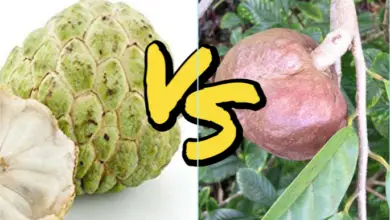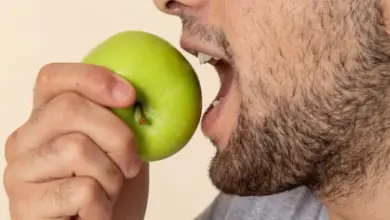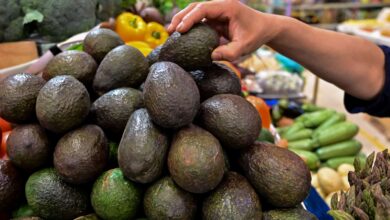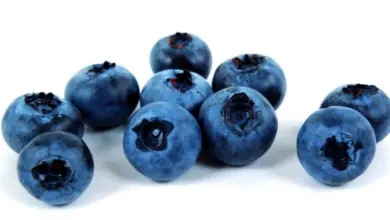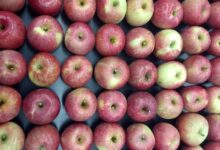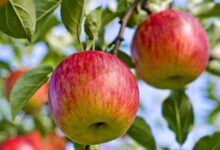White Spots On Blackberries: The Causes & Is It Safe To Eat?
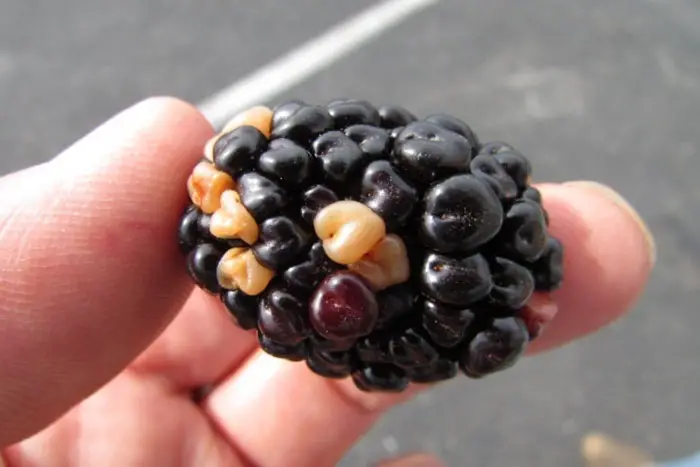
Many people enjoy blackberries for their sweetness and tartness, and they have lots of health benefits too. But sometimes, you might spot white spots on your blackberries. We’re going to look into why this happens and if it’s okay to eat these berries.
Table of Contents
- Exploring Blackberries
- What are the White Spots?
- Why Do Blackberries Get White Spots?
- 1. White Drupelet Syndrome
- 2. Fungus
- 3. Powdery Mildew
- 4. Spotted Wing Drosophila
- Is It Safe to Eat Blackberries with White Spots?
- Preventing White Spots on Blackberries
- Storing Blackberries Right
- Washing Blackberries Correctly
- Conclusion
- FAQs
- Can you eat blackberries with white film on them?
- Can you get sick from eating blackberries with white spots?
- Can you wash blackberries with vinegar?
- Can you freeze blackberries with white spots?
Exploring Blackberries
First, let’s talk about blackberries. They’re part of the Rosaceae family, usually dark purple or black, and taste both sweet and tart. They’re packed with good things like antioxidants, fiber, and vitamin C, which makes them great for your health.
What are the White Spots?
The white spots on blackberries are small, white circles that can look powdery. You’ll see them on the outside of the berries or inside. They might also come with a white film or coating.
Why Do Blackberries Get White Spots?
There are a few different reasons for the white spots on blackberries:
1. White Drupelet Syndrome
White Drupelet Syndrome makes the tiny parts of blackberries (called drupelets) stay white instead of turning black, which makes it look like there are white spots on them.
2. Fungus
Fungus is a common reason for white spots. A type of fungus called Botrytis cinerea can make spots show up on blackberries, especially in places that are moist and humid.
3. Powdery Mildew
Powdery mildew is another fungal problem. It looks like a white powder on plant leaves and fruit.
4. Spotted Wing Drosophila
This type of fruit fly lays its eggs on blackberries, and when they hatch, the baby flies (larvae) feed on the berries. This can cause white spots.
Is It Safe to Eat Blackberries with White Spots?
Most of the time, blackberries with white spots are okay to eat. They might not look nice, but they won’t hurt you. But, if the berries smell bad or feel slimy, it’s better to throw them away.
Preventing White Spots on Blackberries
If you want your blackberries to be free of white spots, it helps to look after the plants well. Here are some tips:
- Keep the blackberry area tidy and clear of old leaves and other things.
- Let your plants get lots of sunlight and fresh air.
- Water your blackberry plants at their base to avoid wet leaves and fruit.
- Cut back the plants regularly to help them grow strong and stay healthy.
- Use a spray for fungus or bugs if you need to, but follow the directions carefully.
Storing Blackberries Right
To keep your blackberries good to eat for longer, you should store them properly. Here’s how:
- Put the blackberries in the fridge, in their original box or another covered container.
- Only wash blackberries right before you’re going to eat or use them because water can make them spoil faster.
- Eat or use the blackberries within a few days of getting them.
Washing Blackberries Correctly
When it’s time to eat your blackberries, make sure to wash them the right way:
- Rinse the berries in cool water.
- Pat them dry gently with a towel or cloth.
- Throw away any berries that are moldy or too soft.
Conclusion
Even if they don’t look perfect, blackberries with white spots are generally safe to eat. These spots can be caused by things like fungus or fruit flies. To avoid this, take good care of your blackberry plants and store your berries properly. And remember to wash them right before you eat them.

